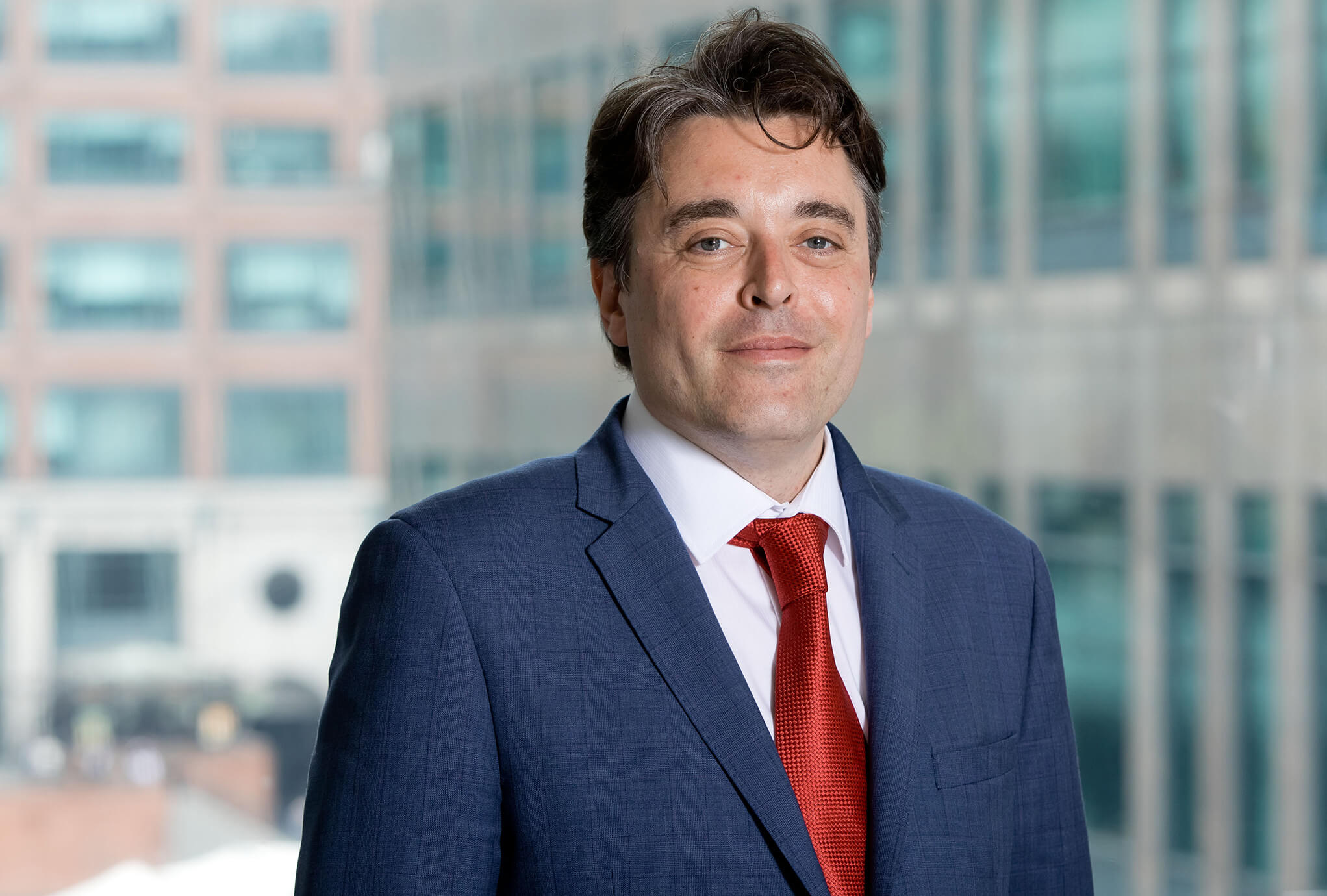Watson Farley & Williams (“WFW”) is proud to announce that the firm has joined fellow law firms, barristers’ chambers and other disputes professionals in signing the ‘Greener Litigation Pledge’ (the “Pledge”), an initiative which aims to reduce the environmental impact of dispute resolution practices across the UK.
The Pledge has its origins in the Civil Justice Council’s (CJC) 2020 Rapid Consultation Report on the effects of Covid-19 measures on the civil justice system, which identified the “impact of remote hearings on carbon emissions” as one of just seven urgent priorities for evaluation.
This prompted a group of like-minded leading litigation practices, led by Mishcon de Reya, to get together to develop the Pledge, with a mission statement setting out practical changes to help litigators commit to and achieve net zero emissions.
The Pledge’s immediate goal is to change the way in which dispute resolution practitioners operate so as to reduce the carbon footprint of court disputes to restrict global warming to 1.5°C as set out in the 2015 Paris Agreement. Longer term, it aims to act as a catalyst for embedding meaningful and permanent changes into litigation practices to reduce climate and other environmental impacts more broadly.
WFW London Dispute Resolution Co-Head Rebecca Williams commented: “Signing up to the Greener Litigation Pledge was really a no-brainer for the firm. We are proud to be early signatories to this initiative, which aligns perfectly with WFW’s commitment to promoting sustainability and ESG principles. This commitment is demonstrated by our role in helping develop the maritime industry-wide Poseidon Principles to support the IMO’s goal to reduce shipping’s total annual greenhouse gas emissions by at least 50% by 2050, and the Aviation Working Group (AWG) on their industry-wide ESG principles, as well as helping our clients generally with their ESG campaigns”.
WFW London Dispute Resolution Co-Head Andrew Ward concurred, adding: ““The firm has already implemented the majority of the Pledge’s measures and we have long been enthusiastic adopters of e-bundles and e-disclosure. I even had the privilege of leading on one of the first semi remote arbitrations held in February 2020 as a result of Covid-19, which replaced paper and air miles with technology. The advance in legal tech means that current and future generations of disputes lawyers will no longer have to manually compile hundreds of files of paper trial bundles. That is surely something that no client (or lawyer) will miss, in addition to being a great boon to promoting sustainability”.




